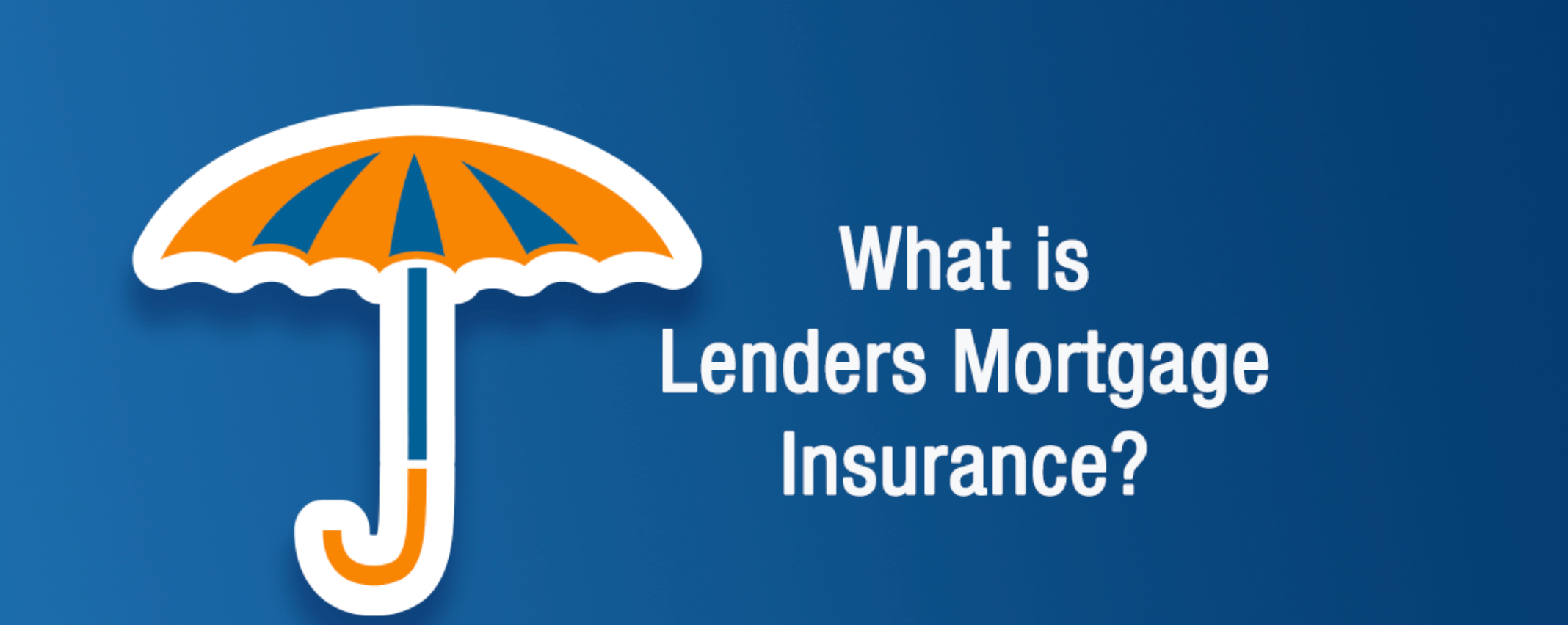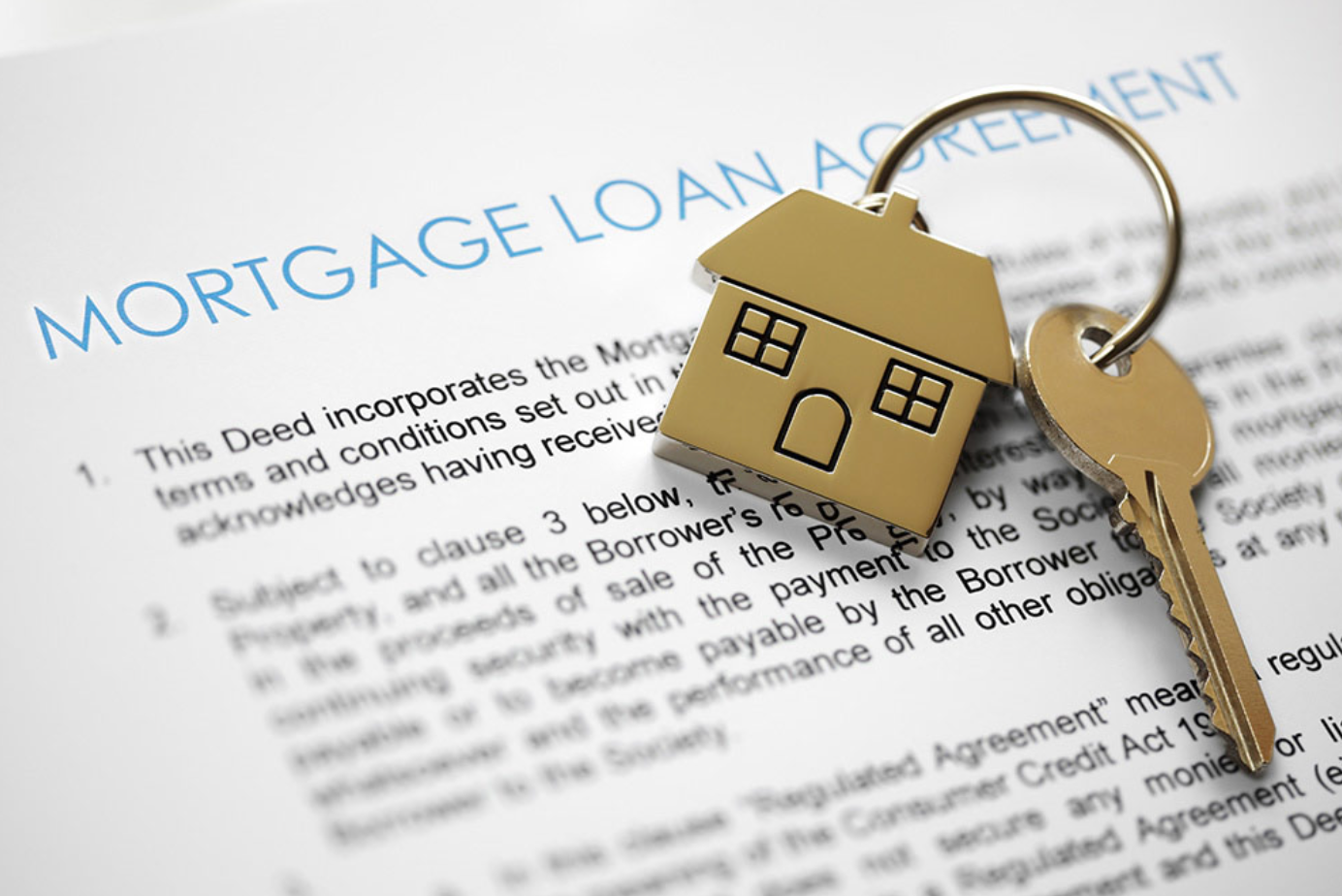When buying a property, it’s important that you understand what lenders mortgage insurance is and how it could alter your purchase cost and process.
Affecting your loan fees, lenders mortgage insurance can make a big difference in your buying journey. It can influence your loan amount and even play a deciding role in helping you determine the right property to suit your financial and personal needs. This is especially the case with the help of a mortgage broker or financial advisor.
If you’re new to the real estate market, you might feel overwhelmed and unsure of what lenders mortgage insurance really means for you and your purchase. Don’t worry! Here’s everything you need to know.
Table of Contents

What is lenders mortgage insurance?
Lenders Mortgage Insurance (LMI) is a one-off, non-refundable payment added to your home loan that protects your lender if you default on your mortgage repayments. While it primarily benefits the lender, LMI can help you secure property sooner with a smaller deposit by allowing you to borrow more than would otherwise be possible.
Key Points About LMI:
- It’s typically required when your deposit is less than 20% of the property value
- It’s a one-time premium usually added to your loan amount
- It’s non-refundable and non-transferable
- The cost varies based on your loan-to-value ratio and loan amount
Quick Summary: LMI is an insurance policy that protects lenders, not borrowers, but can help you enter the property market with a smaller deposit. The cost is influenced by your deposit size, loan amount, and lender requirements.
Understanding Loan-to-Value Ratio (LVR)
Your Loan-to-Value Ratio (LVR) is one of the most important factors determining whether you’ll need to pay LMI.
What is LVR?
LVR represents the percentage of the property’s value that you’re borrowing. It’s calculated using this formula:
LVR = (Loan Amount ÷ Property Value) × 100%
For example, if you’re buying a $500,000 property with a $100,000 deposit:
- Loan amount: $400,000
- LVR: ($400,000 ÷ $500,000) × 100% = 80%

Why LVR Matters for LMI
Most Australian lenders consider loans with an LVR above 80% to be higher risk, which is why LMI typically applies in these cases. According to the Australian Prudential Regulation Authority (APRA), “the share of new loans with a loan-to-value (LVR) ratio greater than or equal to 80 per cent remains low” in the overall mortgage market, showing that many borrowers aim to avoid LMI when possible (APRA, 2023).
| LVR Range | LMI Requirement |
|---|---|
| Below 80% | Generally not required |
| 80%-85% | Required (lower premium) |
| 85%-90% | Required (moderate premium) |
| 90%-95% | Required (higher premium) |
| Above 95% | Required (highest premium) |
Remember: The higher your LVR, the more expensive your LMI premium will be.
How Does Lenders Mortgage Insurance Work?
LMI functions as a safety net for lenders, allowing them to approve loans that would otherwise be too risky. Here’s how the process typically works:
- Application: When applying for a home loan with less than a 20% deposit, your lender assesses your eligibility
- Assessment: If your LVR exceeds 80%, the lender requires LMI
- Calculation: The lender or mortgage insurer calculates your premium based on your specific circumstances
- Payment: The LMI premium is either paid upfront or added to your loan (most common)
- Protection: The insurance covers the lender if you default on your loan and the property sale doesn’t cover the outstanding debt
How is Lenders Mortgage Insurance Calculated?

LMI premiums are calculated based on several factors:
Primary Factors Affecting LMI Cost:
- Loan Amount: Higher loan amounts typically mean higher premiums
- Loan-to-Value Ratio: The higher your LVR, the higher your premium
- Loan Type: Investment loans may attract higher premiums than owner-occupied loans
- Lender and Insurer: Different lenders use different LMI providers with varying premium structures
- Employment Type: Self-employed borrowers may face higher premiums
You can use online LMI calculators to estimate your potential costs before applying for a home loan. Major providers like Helia (formerly Genworth) also offer LMI fee estimators on their websites.
LMI Calculation Example
For illustration purposes, here’s a simplified example of how LMI might be calculated:
Property Value: $600,000
Deposit: $60,000 (10% of property value)
Loan Amount: $540,000
LVR: 90%
Approximate LMI Premium: $14,000-$18,000 (varies by lender and insurer)
How Much is Lenders Mortgage Insurance?
LMI costs vary widely depending on your specific circumstances. Below is a general guide to LMI costs for different deposit levels and property values:
Estimated LMI Costs in Australia (2025)
| Property Value | 10% Deposit (90% LVR) | 15% Deposit (85% LVR) |
|---|---|---|
| $400,000 | $6,400 – $8,500 | $3,200 – $4,800 |
| $500,000 | $9,500 – $12,000 | $4,800 – $6,500 |
| $600,000 | $14,000 – $18,000 | $6,500 – $8,800 |
| $750,000 | $19,000 – $23,000 | $9,000 – $12,000 |
| $1,000,000 | $27,000 – $32,000 | $13,000 – $17,000 |
Note: These figures are estimates only. Actual premiums will vary based on your lender, LMI provider, and personal circumstances. Use an online LMI calculator or speak with a mortgage broker for a more accurate quote.
Recent data shows that the average new home loan in Australia is around $665,000 for owner-occupiers (Money.com.au, 2025), making LMI a significant consideration for many buyers in today’s property market.

LMI for First Home Buyers
First home buyers face the same LMI requirements as other borrowers, but may have access to additional support programs:
First Home Buyer Considerations:
- First Home Owner Grant (FHOG): May help increase your deposit, potentially reducing or eliminating LMI
- First Home Guarantee: Government scheme allowing eligible first home buyers to purchase with as little as 5% deposit without paying LMI
- State-based incentives: Stamp duty concessions or exemptions may free up funds for a larger deposit
Important: For the 2024-25 financial year, Housing Australia has made 35,000 First Home Guarantee places available to help eligible first home buyers purchase property with a 5% deposit without paying LMI (Housing Australia, 2025).
Is Mortgage Insurance Worth Paying?
Whether LMI is worth paying depends on your individual circumstances and property goals:
Potential Benefits of Paying LMI:
- Enter the market sooner: Avoid waiting years to save a 20% deposit
- Property growth opportunity: Potential capital growth might outweigh the LMI cost
- Rental savings: Buying sooner could mean less money spent on rent
- Flexible repayment: When added to your loan, the LMI cost is spread across your loan term
Potential Drawbacks of Paying LMI:
- Additional cost: LMI can add thousands to your loan amount
- Interest on premium: When capitalizing LMI into your loan, you’ll pay interest on this amount
- Non-refundable: If you sell or refinance, you won’t get your LMI premium back
- Higher repayments: The increased loan amount means higher monthly repayments
According to financial experts, it now takes first home buyers in Australia around 10 years on average to save a 20% deposit (Money.com.au, 2025), which explains why many choose to pay LMI rather than waiting to enter the market.
Real-World Lenders Mortgage Insurance Case Study

Scenario: Sarah and Michael want to purchase their first home in Brisbane.
Property details:
- Purchase price: $550,000
- Available deposit: $55,000 (10% of the purchase price)
- Loan amount: $495,000
- LVR: 90%
Their options:
- Pay LMI and buy now:
- LMI premium: Approximately $12,500
- Total loan amount (including LMI): $507,500
- Monthly loan repayments: Higher due to larger loan balance
- Benefit: They can enter the property market immediately
- Wait and save more deposit:
- Time to save additional $55,000 (to reach 20% deposit): Approximately 2 years
- Additional rent paid during this period: $52,000 (based on $500/week)
- Property growth during waiting period: Potentially $55,000 (5% annual growth)
Their decision: Sarah and Michael chose to pay LMI and purchase immediately, reasoning that potential property value growth and savings on rent outweighed the one-off cost of the LMI premium.
How to Avoid Lenders Mortgage Insurance

If you’d prefer to avoid paying LMI, here are several strategies to consider:
1. Save a 20% Deposit
The most straightforward way to avoid LMI is to save at least 20% of the property’s value as your deposit. This reduces your LVR to 80% or less, eliminating the need for LMI.
2. Use a Guarantor
Having a family member act as a guarantor by using the equity in their property can help you avoid LMI. This approach, sometimes called a family guarantee, allows you to borrow without LMI even with a small deposit.
3. Apply for Government Schemes
Several government initiatives can help eligible borrowers avoid LMI:
- Home Guarantee Scheme: Allows eligible first home buyers to purchase with as little as 5% deposit without paying LMI
- Family Home Guarantee: Helps eligible single parents purchase with as little as 2% deposit without LMI
- Regional First Home Buyer Guarantee: Supports eligible first home buyers in regional areas
4. Negotiate with Your Lender
Some lenders may waive LMI for certain professionals (like doctors, lawyers, accountants) or for borrowers with strong financial histories. Your mortgage broker can help negotiate with lenders on your behalf.
5. Consider Lender-Specific Low Deposit Products
Some financial institutions offer special home loan products that don’t require LMI despite having a high LVR, though these often come with slightly higher interest rates.
Is Lenders Mortgage Insurance Added to All Home Loans?
LMI is not automatically added to all home loans. It’s specifically applied to loans where:
- The borrower has less than 20% deposit (LVR exceeds 80%)
- The lending criteria for LMI waiver aren’t met
- The loan isn’t covered by a government scheme or guarantor
LMI premiums are typically calculated as a one-off cost and added to your home loan amount, which means you’ll pay interest on this amount over the life of your loan. Some lenders may offer the option to pay the LMI premium upfront, which could save you money on interest in the long run.
Can You Get a Refund of Lenders Mortgage Insurance Premiums?
Generally, LMI is non-refundable and non-transferable. Once you’ve paid your LMI premium, it remains part of your purchase cost, even if your financial situation changes.
However, some LMI insurers may offer partial refunds in specific circumstances:
- If you pay off your loan within 1-2 years of settlement
- If you refinance with the same lender within a certain timeframe
These policies vary between lenders and mortgage insurers, so it’s essential to check the specific terms and conditions of your LMI policy.
How to Avoid LMI When Refinancing
When refinancing your home loan, LMI can become a factor if your outstanding loan balance exceeds 80% of your property’s current value. Here are strategies to avoid paying LMI when refinancing:
1. Build Sufficient Equity
Wait until you’ve paid down enough of your loan or until your property value has increased sufficiently to bring your LVR below 80%.
2. Stay with Your Current Lender
If you refinance with your existing lender, they may not require a new valuation or LMI policy, even if your LVR is above 80%.
3. Pay for a Higher Valuation
If your property’s value has increased, paying for a professional valuation might demonstrate that your LVR is actually below 80%, eliminating the need for LMI.
4. Make Extra Repayments Before Refinancing
Consider making additional repayments to reduce your outstanding loan amount before refinancing, potentially bringing your LVR below the 80% threshold.
Frequently Asked Questions About Lenders Mortgage Insurance
Does LMI protect me if I can’t make my loan repayments?
No, LMI protects only the lender, not the borrower. If you default on your loan, the lender can seek repayment of any shortfall debt from you after selling your property, even after an LMI claim has been paid.
How does LMI differ from mortgage protection insurance?
Lenders mortgage insurance (LMI) protects the lender if you default on your loan. Mortgage protection insurance protects you (the borrower) by covering your loan repayments if you become unable to pay due to illness, injury, or unemployment.
Can I negotiate the cost of LMI?
While the LMI premium itself is usually fixed, you may be able to negotiate with different lenders who use different LMI providers or have different LVR thresholds, potentially finding a lower LMI cost.
Is LMI tax deductible?
For owner-occupiers, LMI is generally not tax deductible. However, for investment properties, LMI can often be claimed as a tax deduction over a five-year period. Consult with a financial advisor for advice specific to your situation.
What if I have a bad credit history?
Having a bad credit history can make obtaining a home loan more challenging and may result in higher LMI premiums. Working with a mortgage broker can help identify lenders with more flexible credit policies.
Get Expert Help with Lenders Mortgage Insurance
Navigating LMI requirements and understanding how they impact your home buying journey can be complex. An experienced mortgage broker can help you:
- Compare LMI costs across different lenders
- Identify potential LMI exemptions you might qualify for
- Calculate whether paying LMI or waiting to save more deposit is better for your situation
- Find the most suitable home loan for your needs
Don’t let confusion about LMI stand between you and your property goals. Speak to an experienced mortgage broker today who can guide you through the entire process and help you make informed decisions.
Need help navigating lenders mortgage insurance requirements and the rest of your home-buying journey? See our list of best brokers in Sydney and Melbourne and speak to an experienced mortgage broker today.

TORI DUNLAP
Tori is a finance blogger and researcher at OurTop10.com.au, where she enjoys helping people navigate the world of finance and money. Through her insightful articles and comprehensive research, she empowers readers with valuable knowledge on budgeting, saving, investing, and retirement planning.
Tori’s approachable and empathetic style makes complex financial concepts relatable and easier to understand, She aims to foster a sense of community and leave a lasting, positive impact on her audience’s financial well-being.
